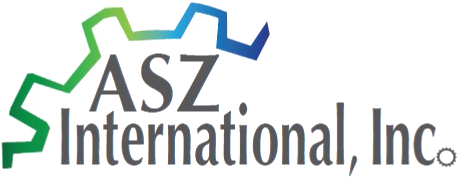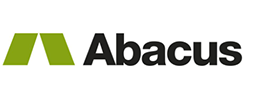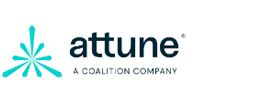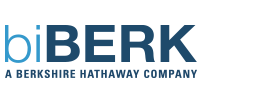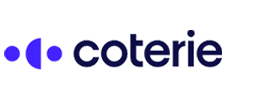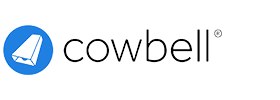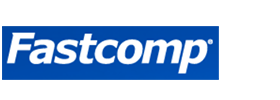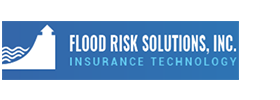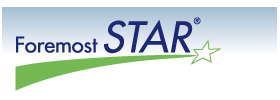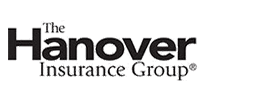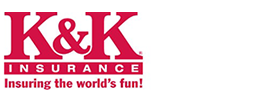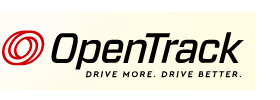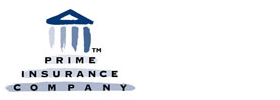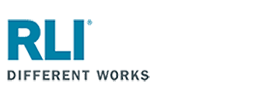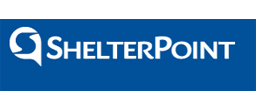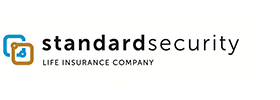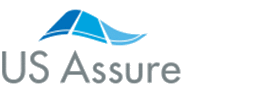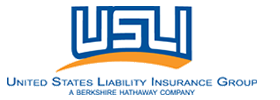Traditional buzz words surrounding the insurance industry typically include one or more of the following: boring, opaque, and antiquated in its approach to customer service. However, the advent of the concept of “Insurtech” over the last five years has infused new life into the insurance marketplace. A report released by Willis Towers Watson in 2021 highlights the USD 7.1B investment in Insurtech companies across a wide variety of seed stages and a range of insurance products, even amid a global pandemic. There is no doubt that this focus on insurance technology will have an impact on the way the insurance industry does business in the following ways:
Distribution: Insurance companies and brokers/agents have historically relied on face-to-face relationship building and in-person client interaction as the cornerstone of their distribution strategies. A majority of Insurtech companies are focused on improving and refining these approaches by providing a more open & transparent marketplace driven by data & instant consumer feedback.
Coverage/Risk Specificity: Insurance technologies are enabling underwriters to establish more defined parameters around their acceptance of risk, leading to more accurate (less obsolete) coverage and pricing. For example, in the P&C space, satellite imagery, location data, and camera footage are being utilized to underwrite property risk. In the life & health space, multiple raw data points (weight, family medical history, smoking habits, etc…) are compiled together to create a single “score” that is the foundation of life insurance underwriting.
Efficiency: As clients become more and more tech-savvy, they are demanding speed & efficiency in everything from proposal generation/delivery to underwriting and credit decisions. Insurtech allows insurance professionals to be more nimble in all of these areas and better serve different types of clients (i.e. small businesses and independent contractors) who were at a disadvantage as their inherently smaller premium spends were not always profitable within more traditional mega-insurance companies/brokers with massive overhead.
The COVID-19 pandemic of 2020 turned the world on its head and forced insurance professionals to address never encountered issues relating to communicable disease spread, massive business interruption, real estate vacancies, employment practices/workers compensation claims implications, and beyond. It will be invigorating to see how Insurtech companies & investors utilize this momentum to push advances in technology and risk management strategy as a new global normal emerges.
At ‘ASZ’ our focus is to improve our client interactions to account for changes in consumer expectations and desires. We continue to roll out more digitized and automatic insurance solutions to make client engagement as effortless and seamless as possible. We enhanced our digital automation at all stages of client interaction, from prospect, to new business client to renewal and even separation. Our business technology has been customized to help us quickly identify opportunities, streamline communication, identify issues/gaps and help continuously measure performance and profitability at all levels. We have the ability to maintain transparent and open 24/7 dialogue with our clients with integrated text/email/fax capabilities via our web platform. We also have been expanding out integrations with our insurance market partners for the most efficient interactions. Given our increased focus in the Insurtech space, we would be remiss if we did not pay close attention to issues such a cyber security and privacy regulations. We strive to be overly compliant with all NYS/Federal regulations relating to cybersecurity matters. We have secure integrations with collaborative partners for regulations, licensing and KPIs on front and back-office operations
Sources:
QBE North America. (2019). Impact InsurTech: How InsurTech is Transforming the Insurance Industry. Retrieved from Risk & Insurance, Village Capital: https://riskandinsurance.com/impact-insurtech-how-insurtech-is-transforming-the-insurance-industry/
PWC. (2019). This is InsurTech’s moment. Will insurers seize the opportunity? Retrieved from PWC.com: https://www.pwc.com/us/en/industries/financial-services/library/insurtech-innovation.html
Willis Towers Watson. (2021, January). Quarterly Insurtech Briefing: Q4 2020 & Year In Review. Retrieved from CB Insights: https://www.cbinsights.com/research-insurtech-report-q4-2020?utm_campaign=marketing_wtw-insurtech_2021-01&campaignid=270202443&adgroupid=115917991854&utm_term=%2Binsurtech&utm_campaign=Reports&utm_source=google&utm_medium=cpc&utm_content=adwords-reports-a
